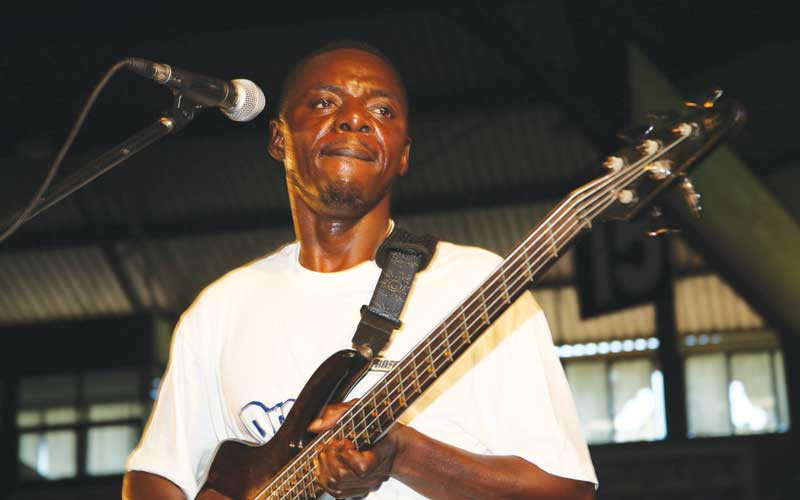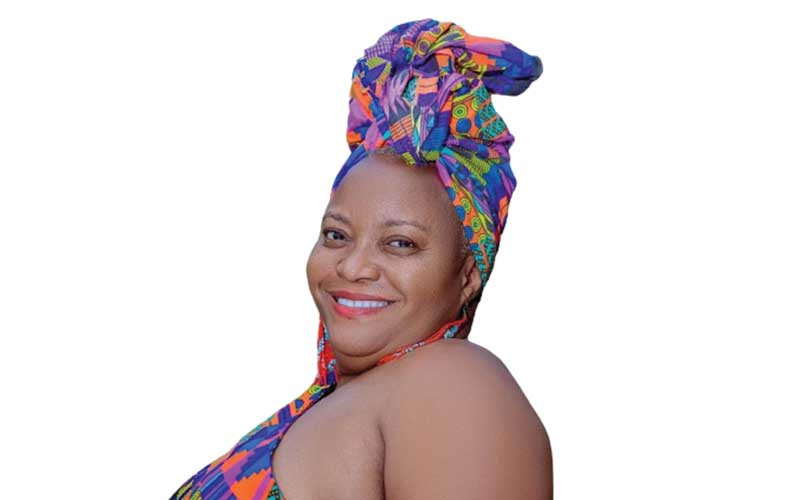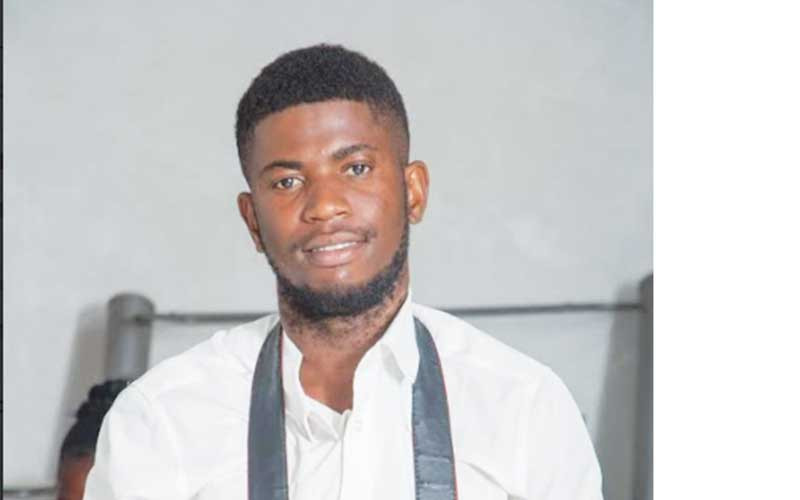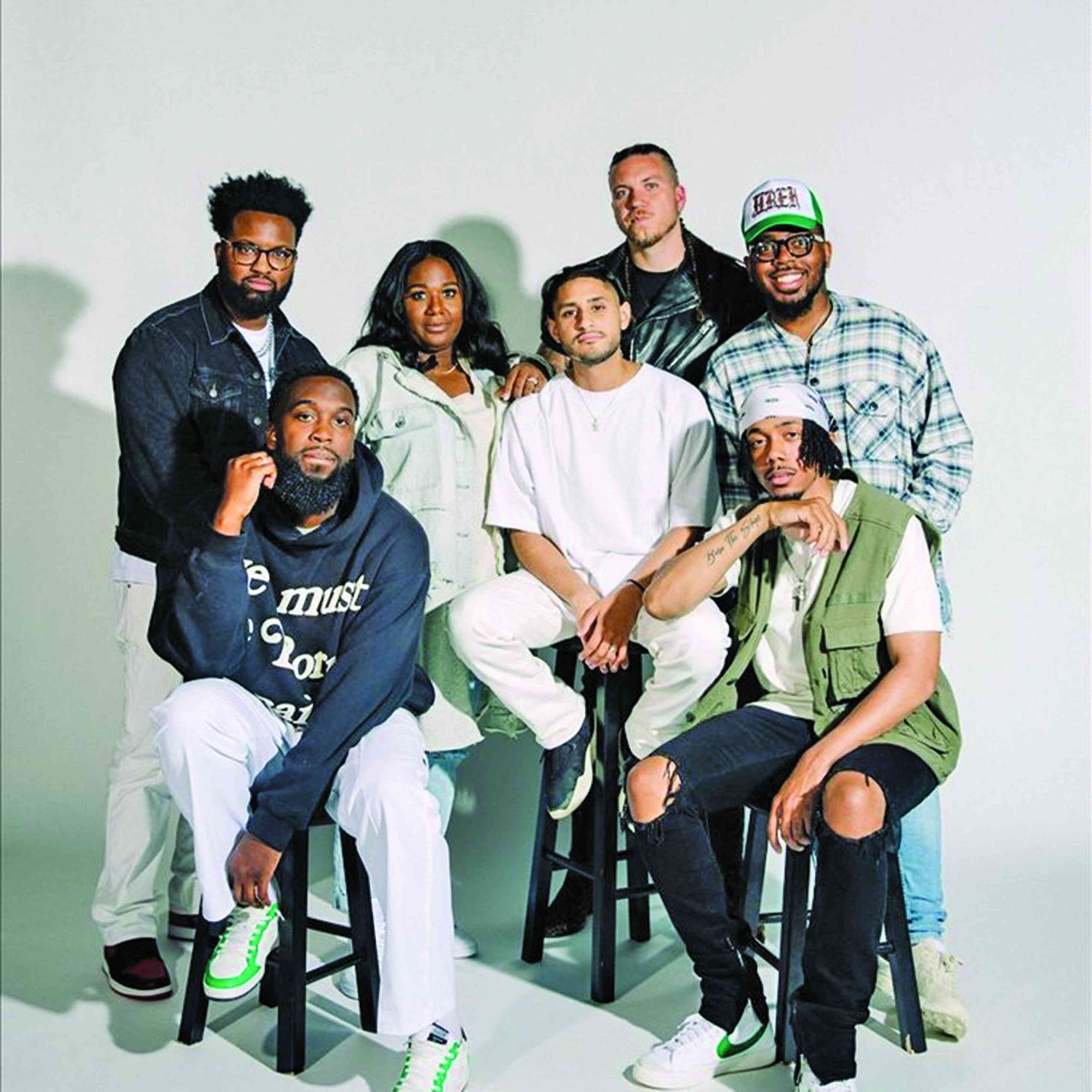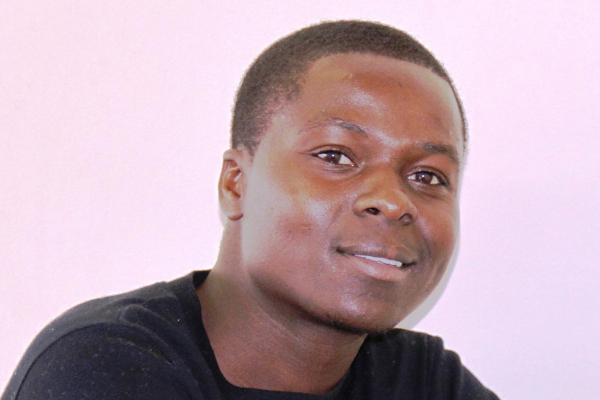
SNEAK PEEK :Winstone Antonio
ZIMBABWE College of Music (ZCM) is one of the country’s leading formal music training institutions. Established in 1948 by a dedicated musician and teacher, Eileen Reynolds, during its formative years the institution mainly taught pure Western music to the white population.
Now it offers a wide range of music courses in collaboration with Africa University, including the National Certificate of Music and Bachelor of Music degrees. The teaching philosophy at the institution is multi-cultural, as the programmes embrace Western classical, Zimbabwean traditional and jazz curricula.
It has produced graduates including Clive “Mono” Mukundu, Charles Charamba and Hope Masike. NewsDay Life & Style Reporter Winstone Antonio (ND) caught up with the college’s executive director Rachel Jera-Chigwanda (RJC).
ND: How has been ZCM fundamental in the growth of the country’s arts sector?
RJC: The ZCM has contributed immensely in the growth of the country’s arts sector through producing musical acumen in the practical and theoretical aspects of music, offering formal music education both full-time and part-time. Zimbabwe College of Music has also taken a mandate of having choral competitions on songs composed by our own local composers. The institution has helped in the revitalising of traditional dances and music in Zimbabwe, through performances at most embassies.
ND: What role is being played by the college in shaping local artistes?
RJC: The ZCM is playing an important role in shaping local artistes through affording them musical education. We have several top artistes across genres who have passed through the college such as Hope Masike, Charles Charamba and Pah Chihera. We have some college students who are being incorporated into performing bands for example Alexio Kawara’s backing vocalist is a student at the college.
- Chamisa under fire over US$120K donation
- Mavhunga puts DeMbare into Chibuku quarterfinals
- Pension funds bet on Cabora Bassa oilfields
- Councils defy govt fire tender directive
Keep Reading
ND: What are some of the programmes on offer?
RJC: The college offers a wide array of programmes that include National Certificate in Music, Advanced Certificate in Music, one on one instrument lectures and theory lessons, adventures in Music (for young children) and Sound Engineering.
ND: Are these programmes mainly on full-time basis?
RJC: These programmes are offered some full-time and others part time. National Certificate in Music, Advanced Certificate in Music, Degree programme are offered on a full-time basis.
ND: What does one require to enrol at the college?
RJC: To enrol at the college one should possess the following; passion for music, 5 “O” Level subjects and any other music qualification.
ND: Is a music gift not enough for one to succeed? What value is derived by an artiste to enrol at a music institution?
RJC: The music gift may suffice in one’s success; however, they are other theoretical aspects one needs to possess. Therefore, enrolling at the college prepares one to read and write music in a musical manner. Enrolling at a music institution enables one to get access to formal education on matters such as sound engineering and organology (the study of making instruments). One also has to learn music technology to enable them to understand music from different cultures through studying Ethnomusicology. This aids in equipping one with a variety of music.
ND: You are partners with Africa University for some Bachelor of Music degree programmes. How important is such a partnership?
RJC: The partnership with Africa University has been important because our degree programmes are conferred by an international institution. This guarantees competency. The partnership has also rendered the college a credible image, through assessments made internationally by Africa University. Above all, the partnership has also aided in curriculum design and development.
ND: Do you think there is now an appreciation for such educational programmes in music?
RJC: There is now a vast appreciation for such educational programmes and this has been evidenced through an increased enrolment. Before the partnership, the college only offered the National Certificate in Music and also one on one lessons.
ND: In this digital era, do your curricula encompass the need to educate musicians on the use of the new multi-media technology?
RJC: The curriculum has taken strides in encompassing the use of new multi-media technology through offering Music Technology as a course.
ND: There have been concerns that the use of technology has killed the originality of local music. Do you agree?
RJC: To some extent I would concur, but largely what has compromised originality is the issue of cultural erosion being necessitated by migration. However technology has hindered the progress through piracy and violation of intellectual and copyright laws.
ND: In what ways has your recording studio enhanced the teaching of the various programmes on offer at the college?
RJC: The college studio has been used primarily in the teaching of sound engineering, and music technology. The college studio has also been used for music making hence students are tasked to compose their own songs and then record them in the college studio.
ND: When you enrol tutors, what considerations do you make? Do they also have to be musicians?
RJC: When enrolling tutors the college has two considerations namely; qualification regardless of musical background for courses that are non-musical such as ethics, foreign languages and Information Technology.
ND: Personally, do you have a music background?
RJC: Yes I have a music background. I am a holder of a BSc in Ethnomusicology degree conferred by African University. That is to say I am a former student of the ZCM.
ND: In the next five to 10 years, where do you see the college heading?
RJC: The college aspires to be a leading formal music education institution, groom up-and-coming music institutions, offer programmes from undergraduate to PhD in music, being an internationally recognised music institution and above all being the yardstick in every aspect of music that is from the theoretical perspective to the practical.



